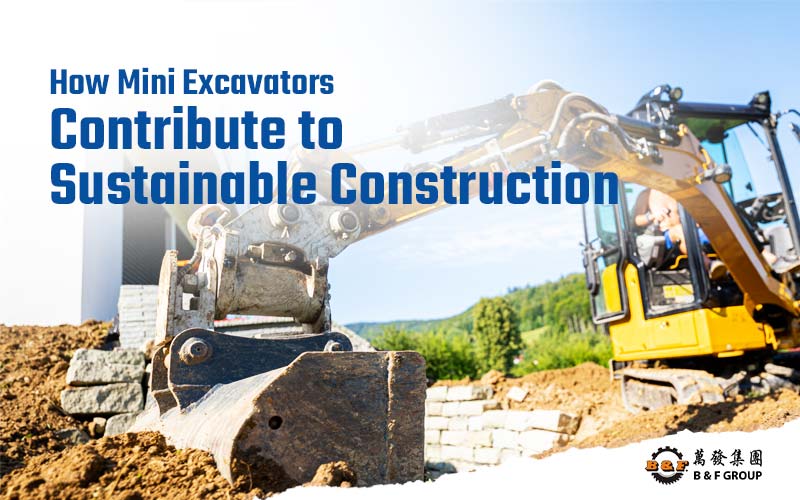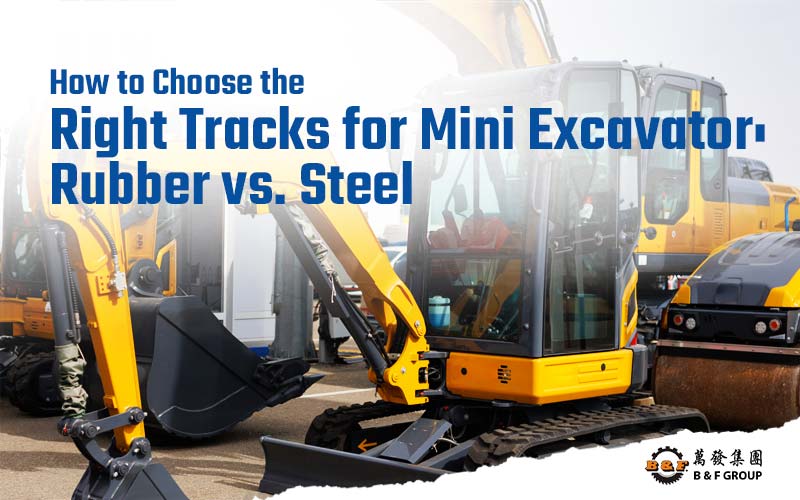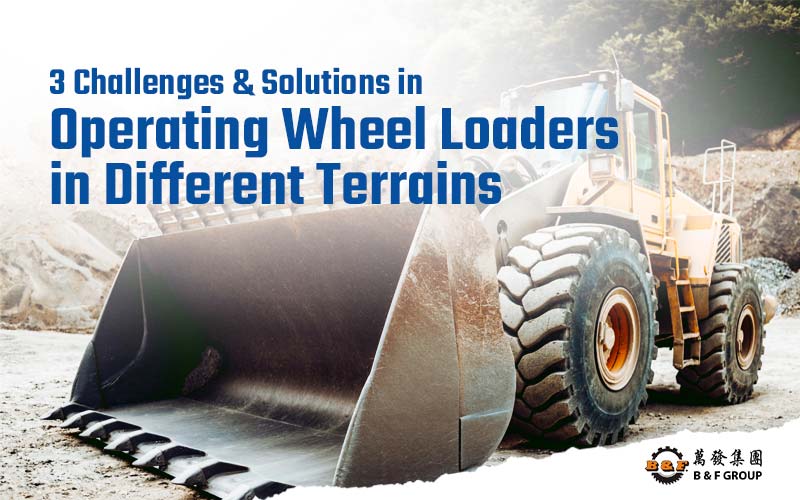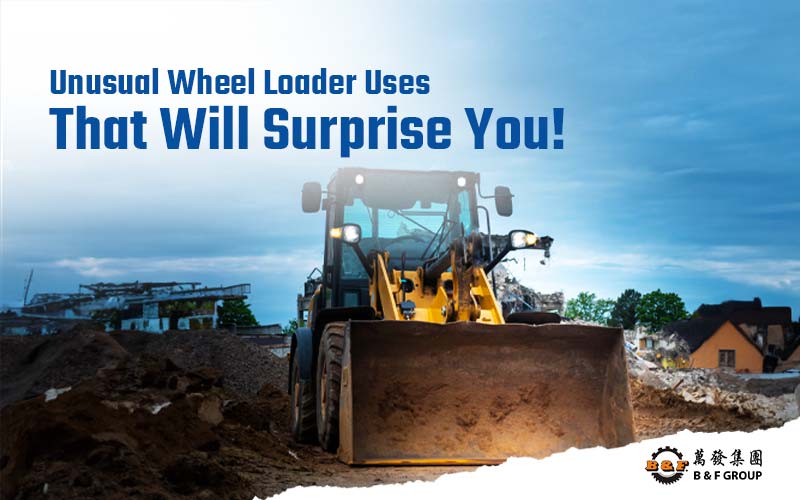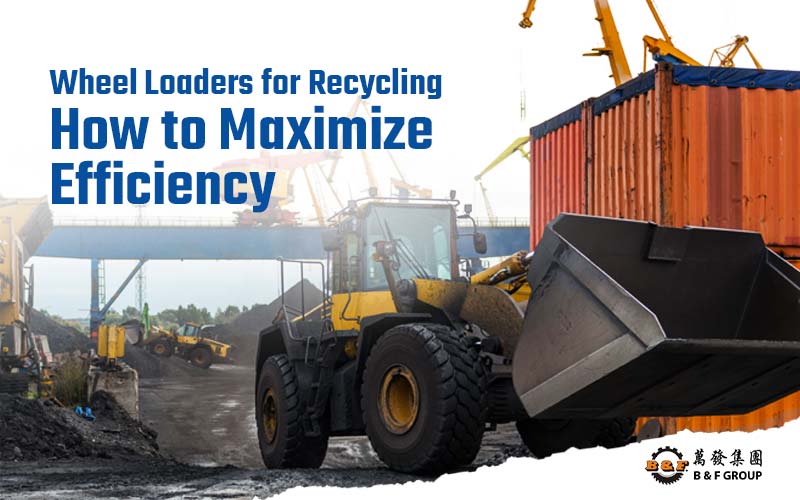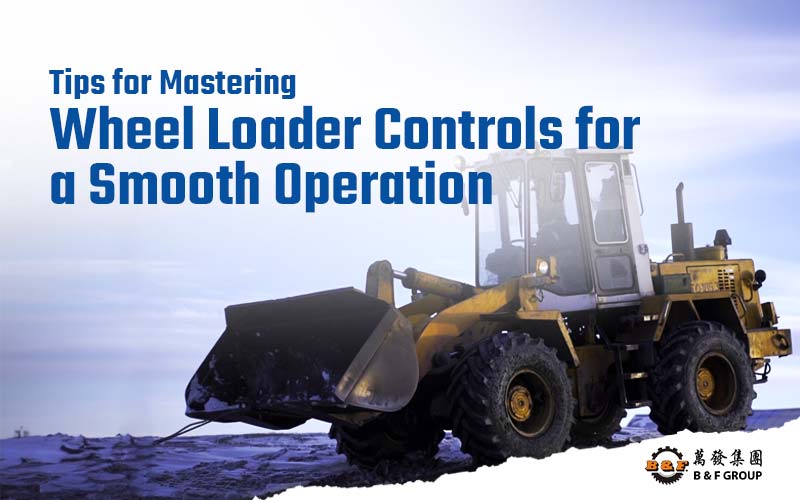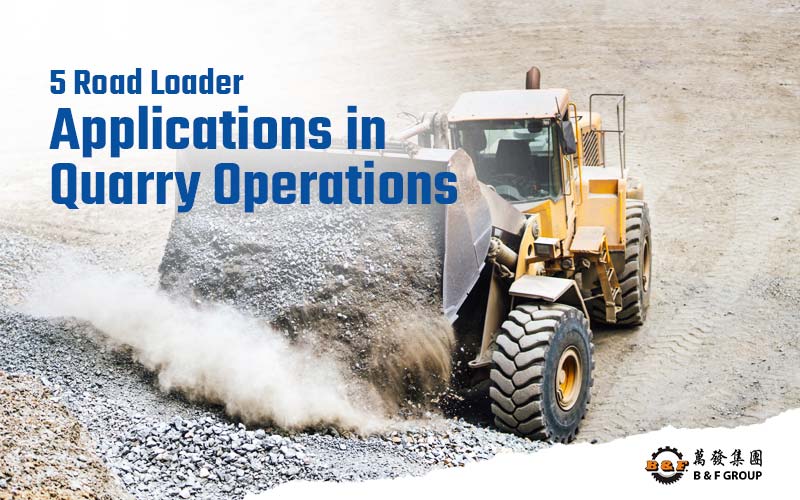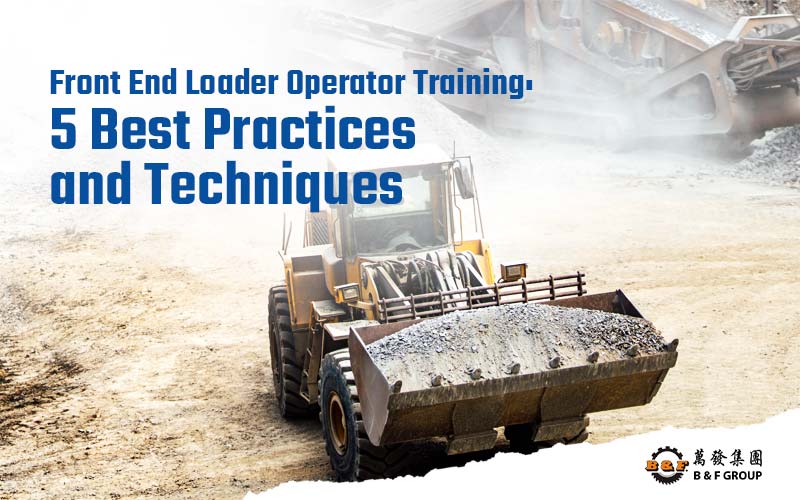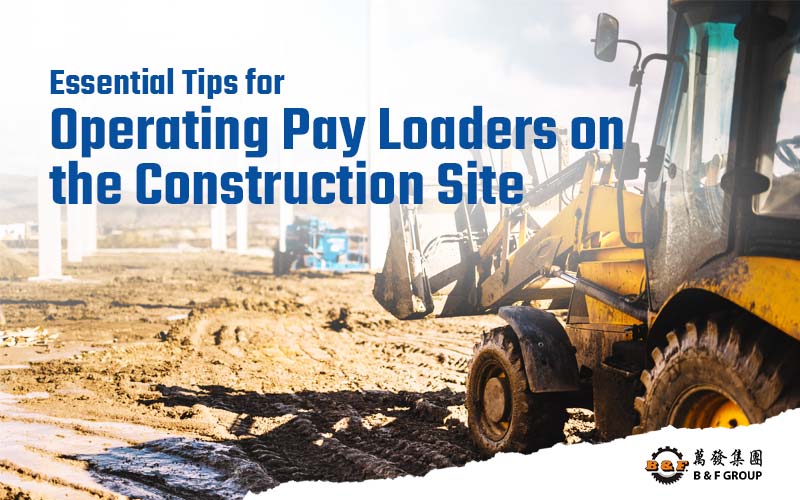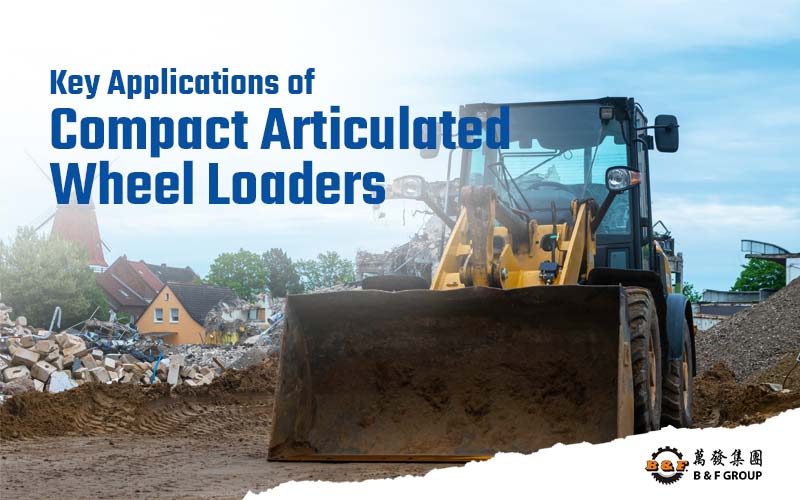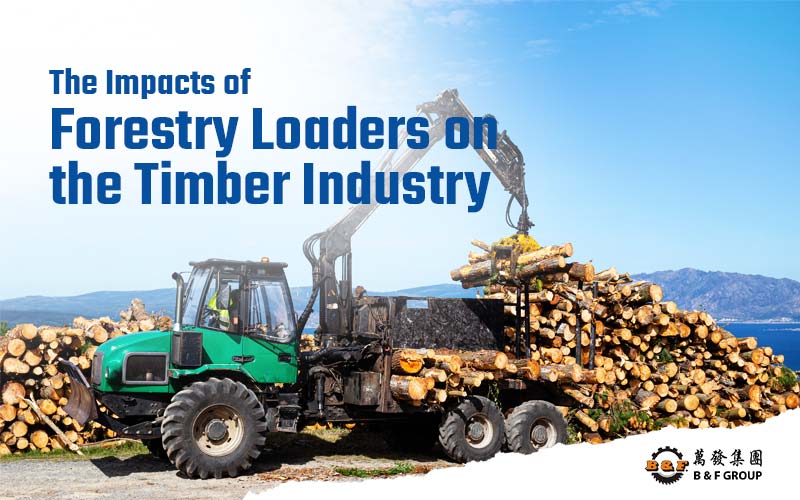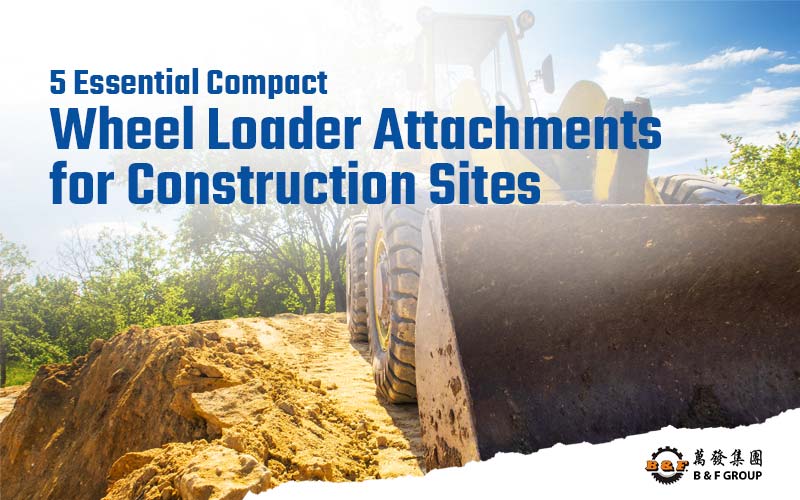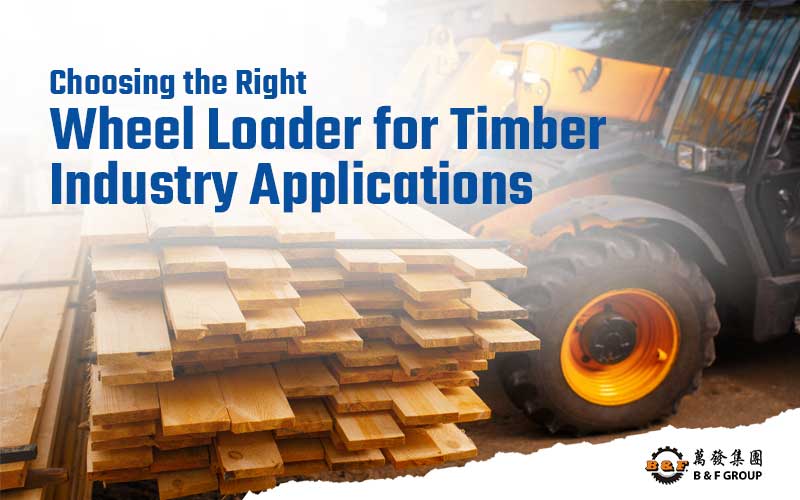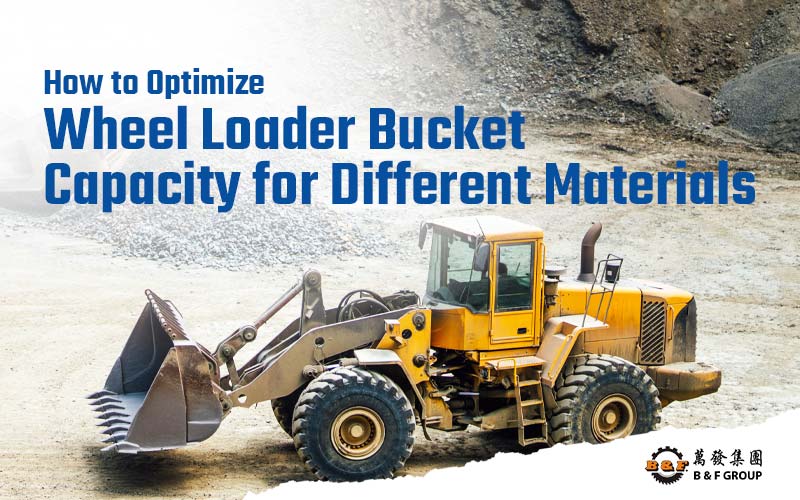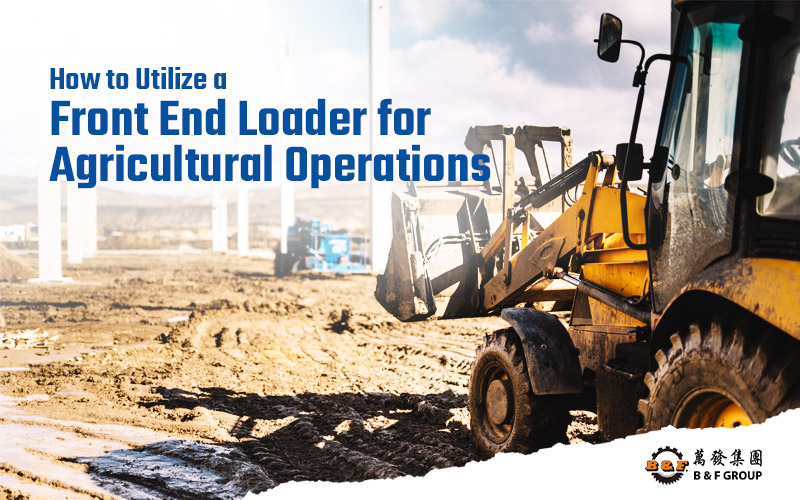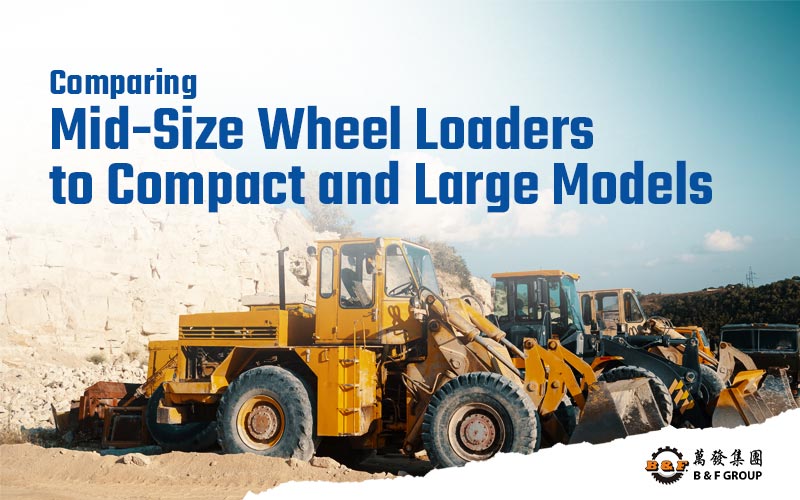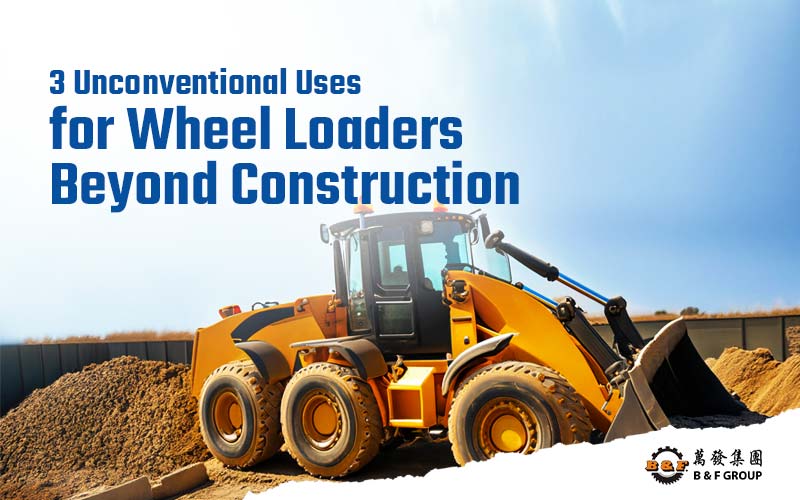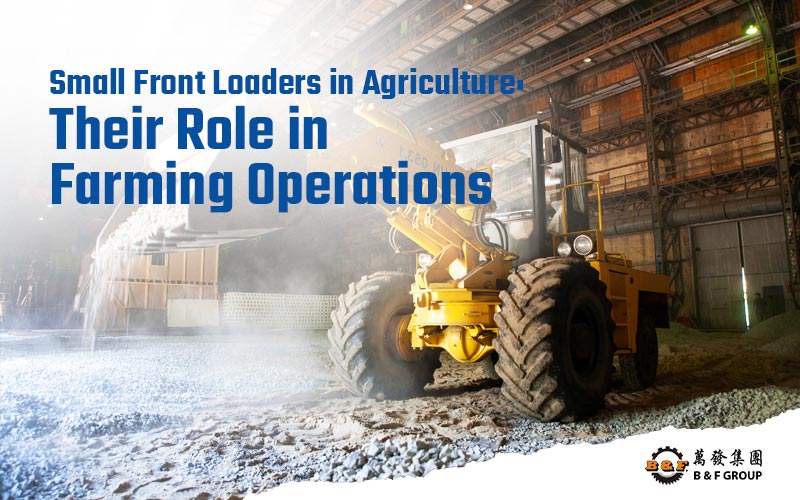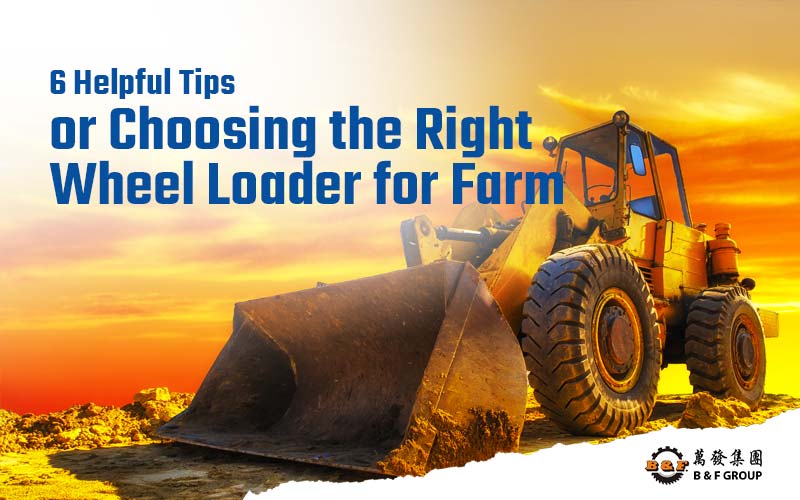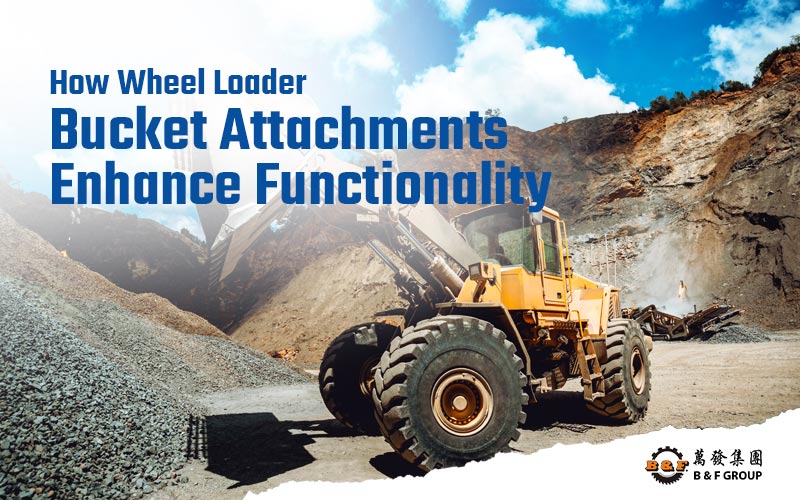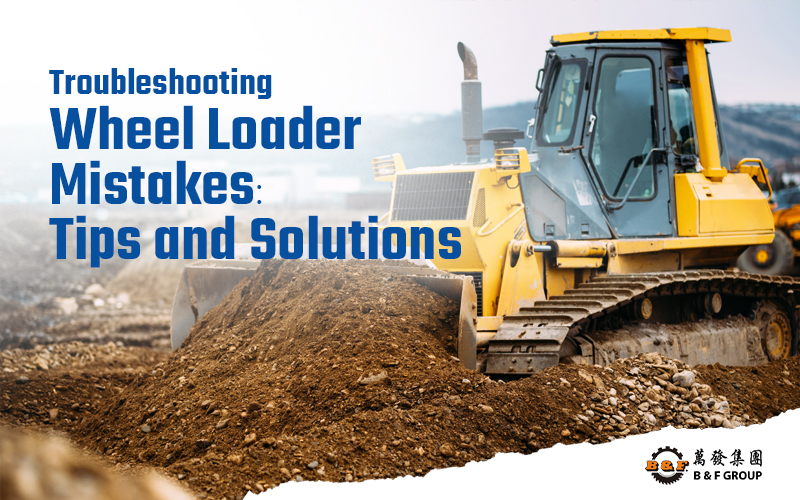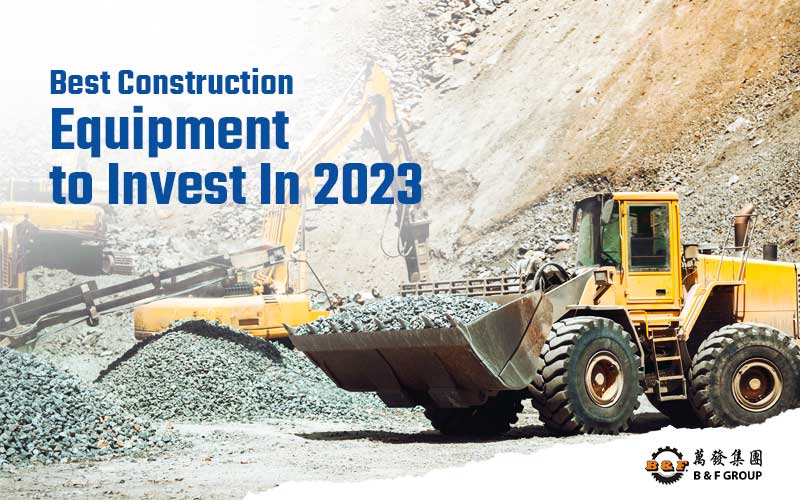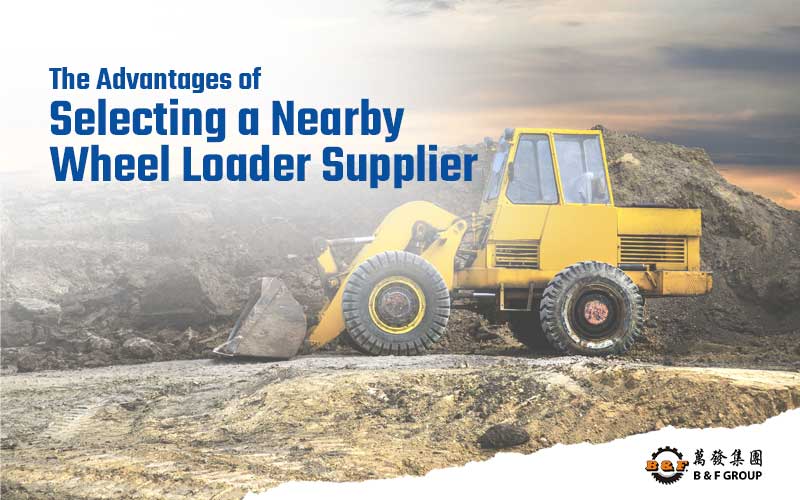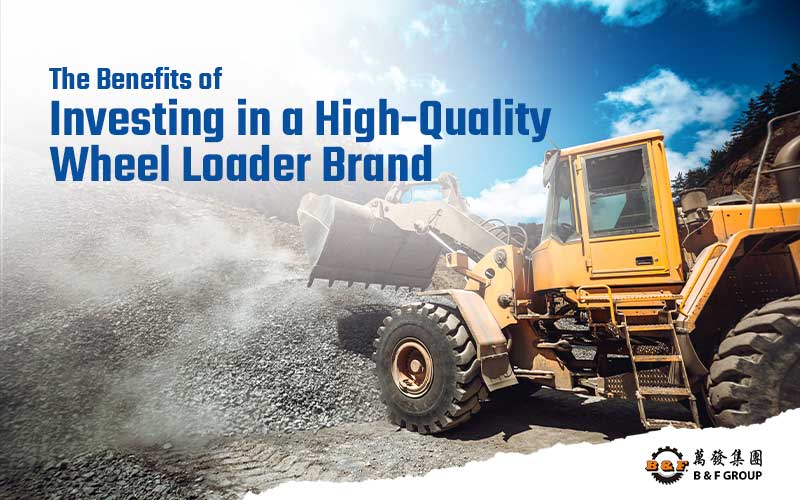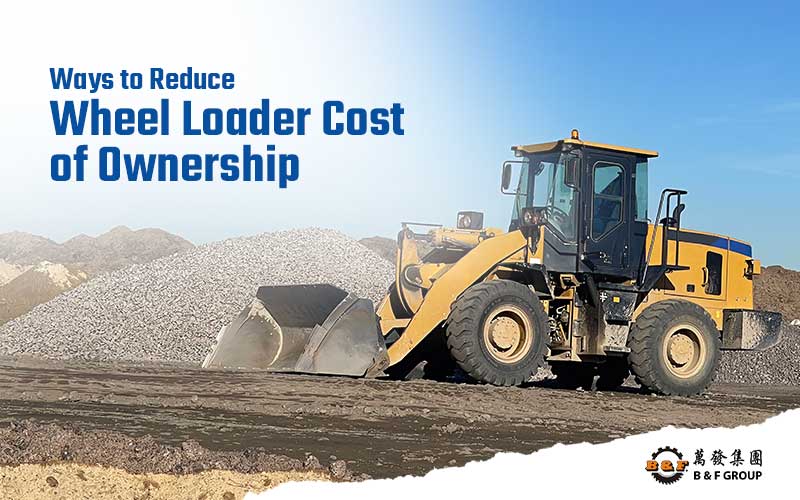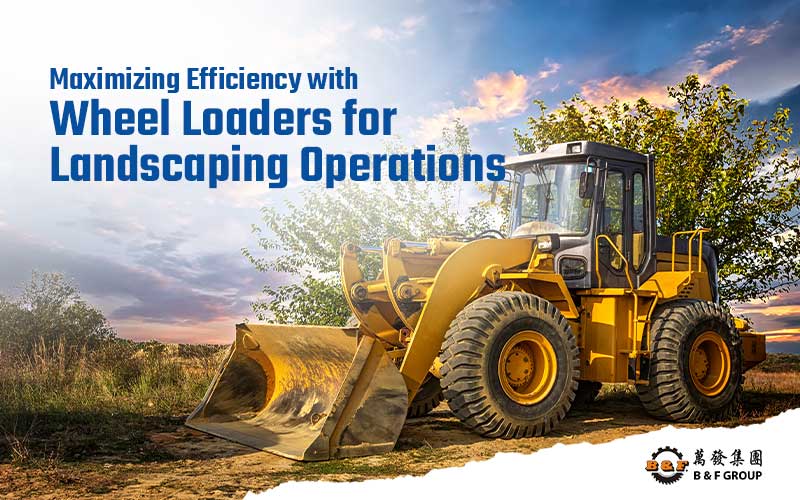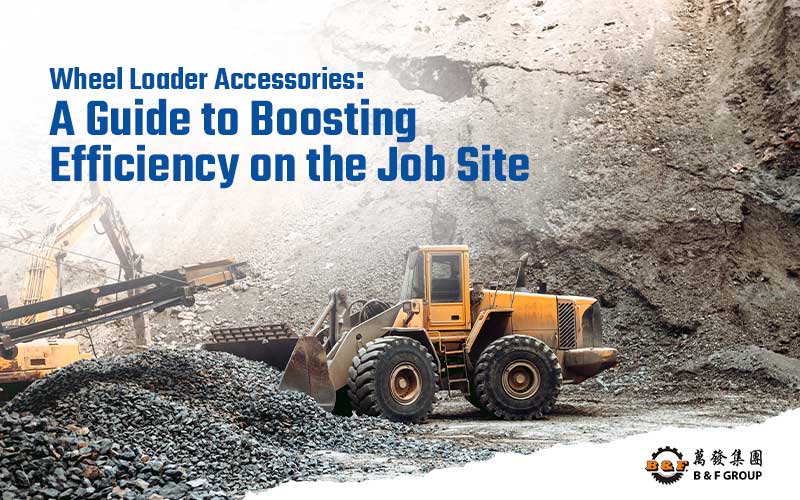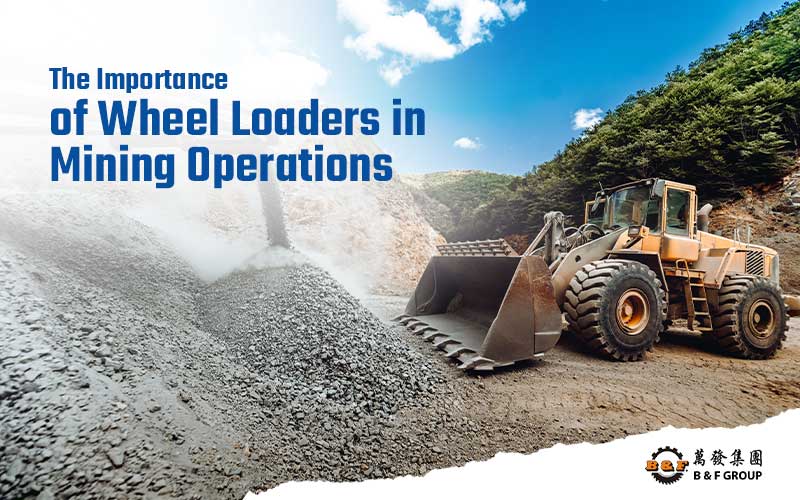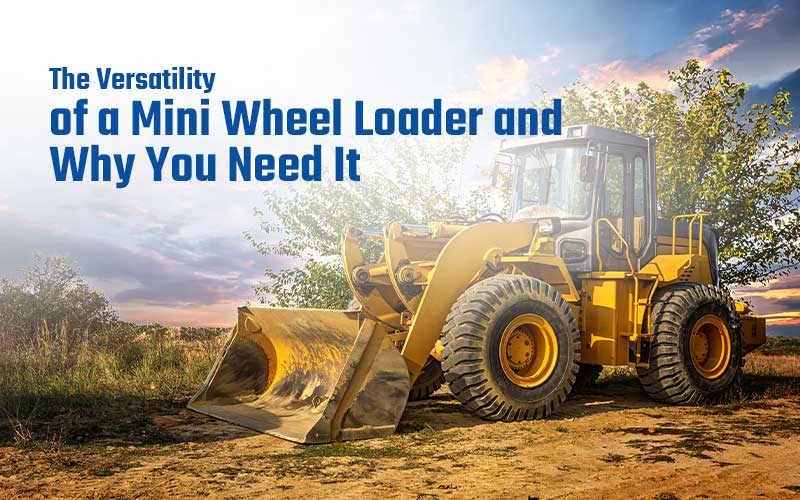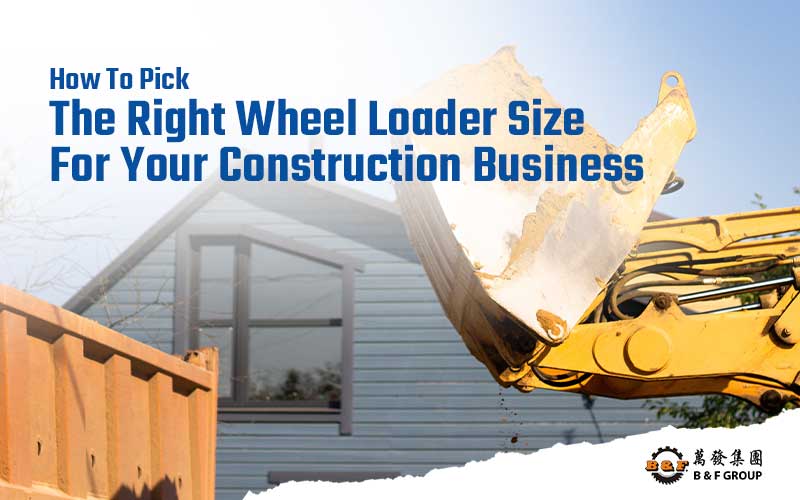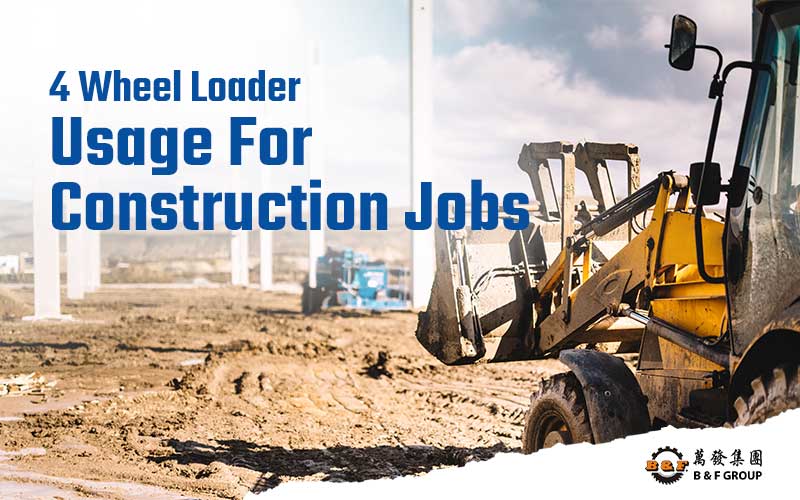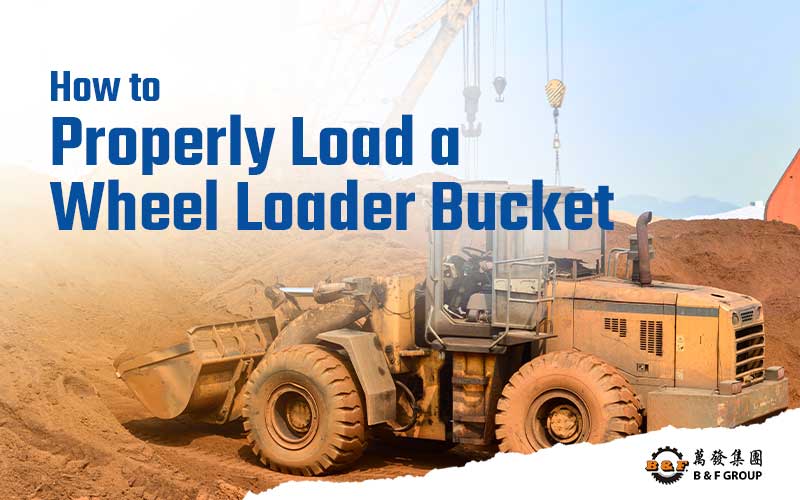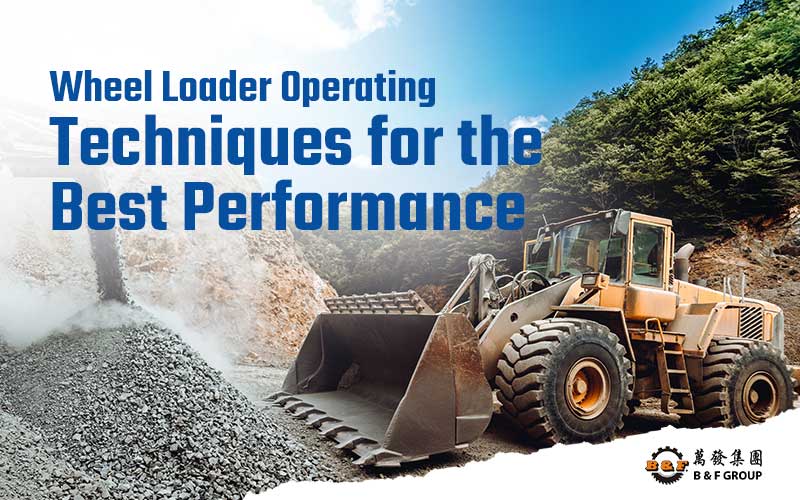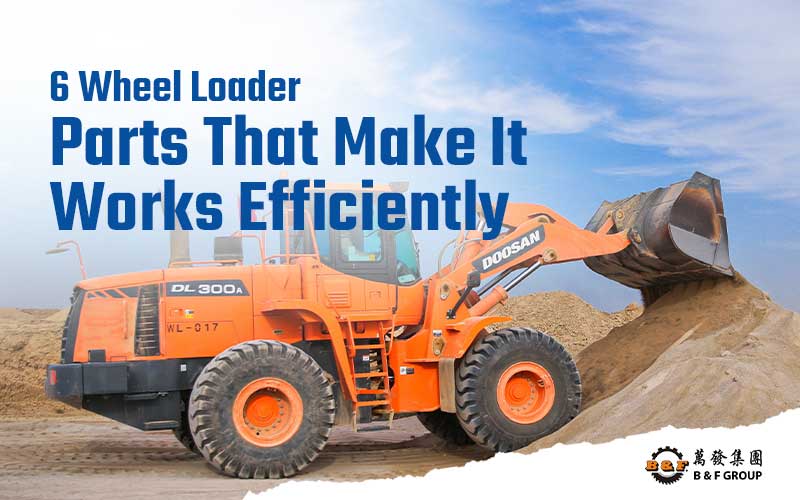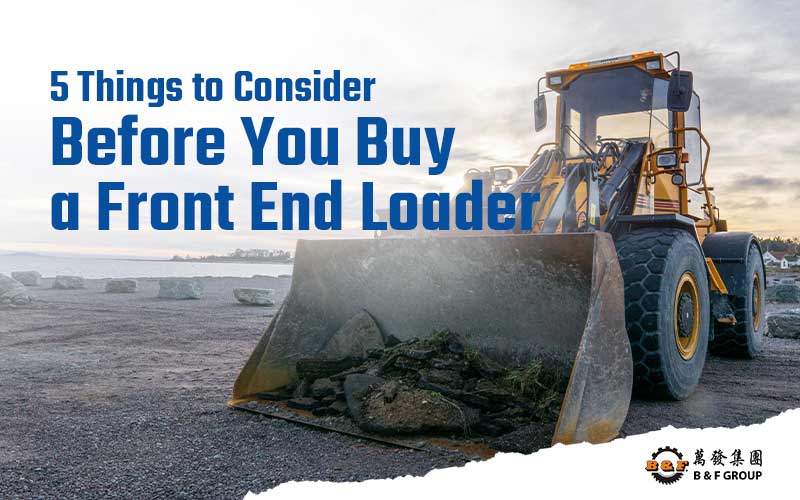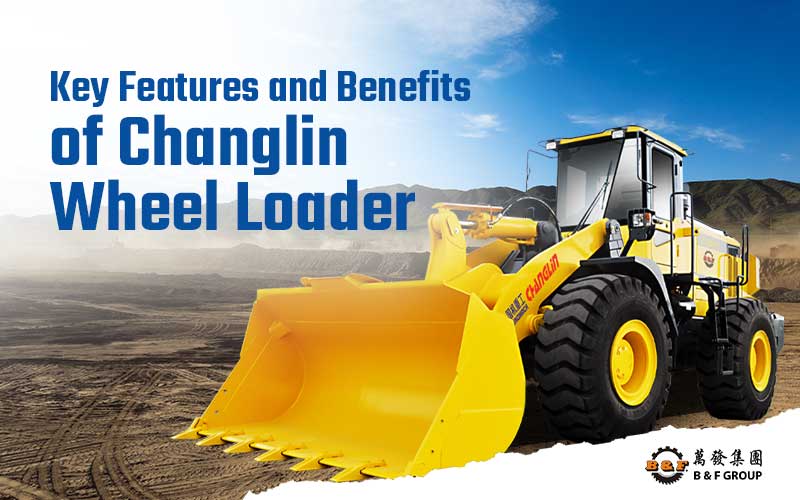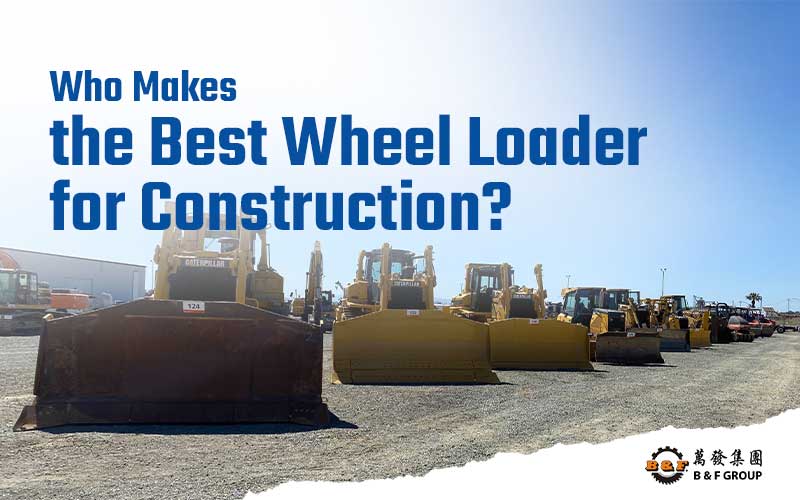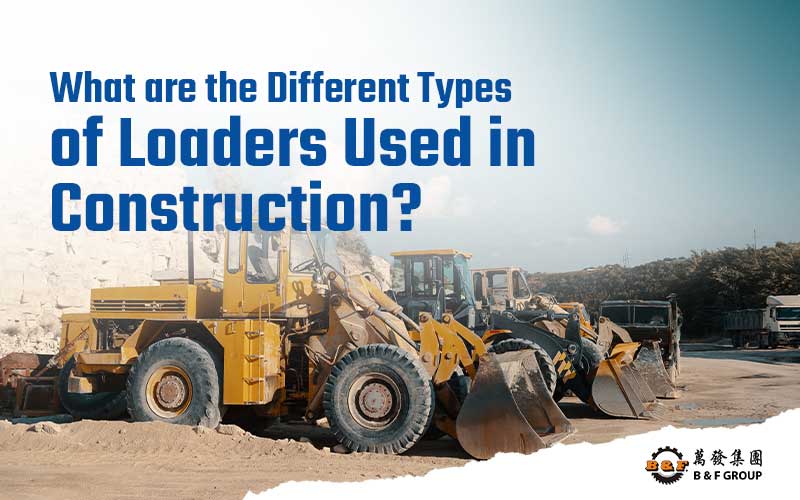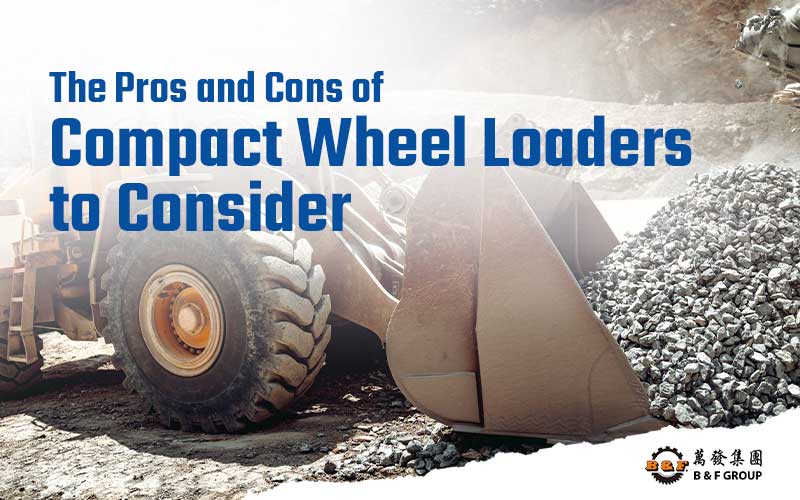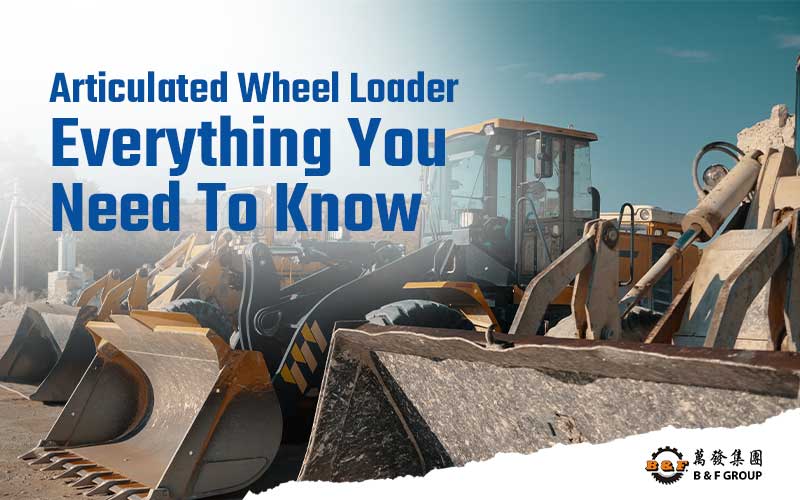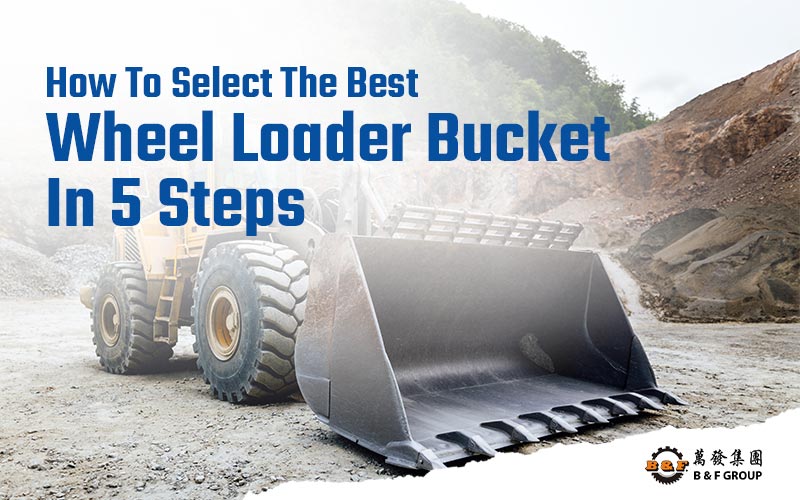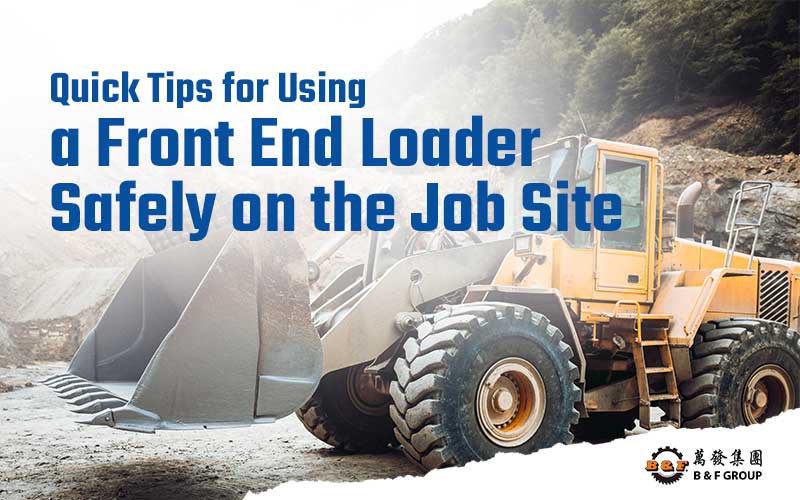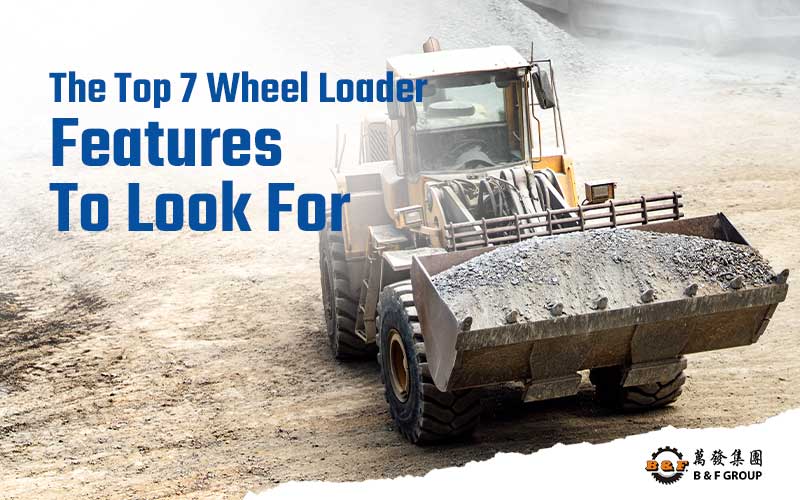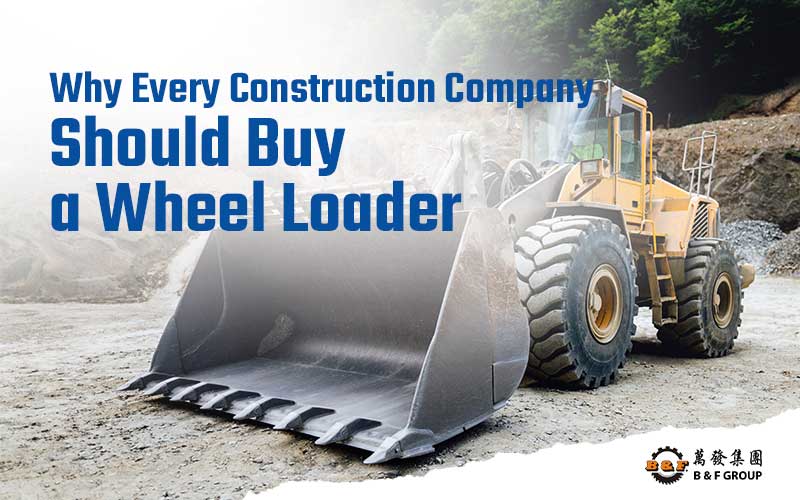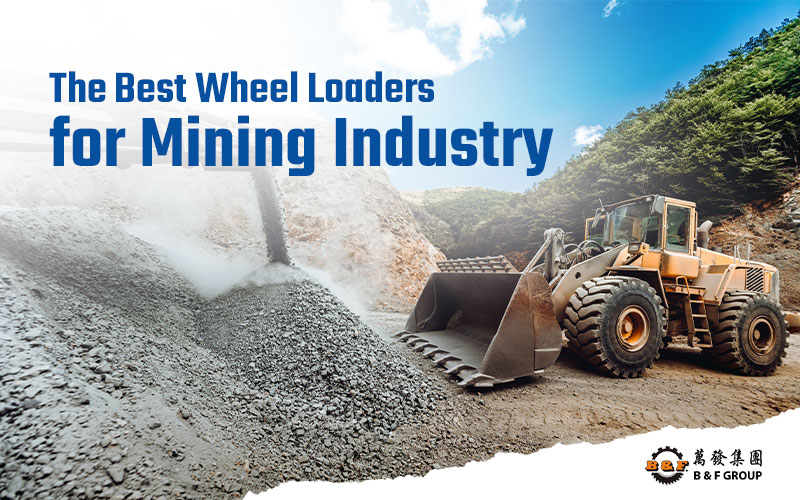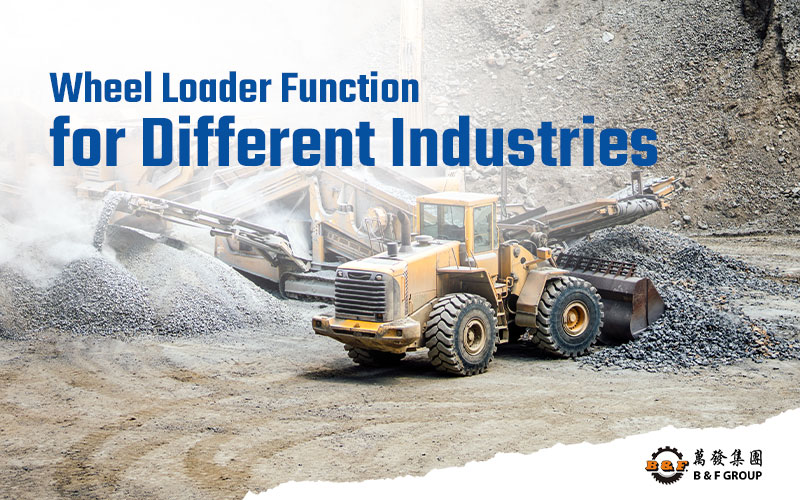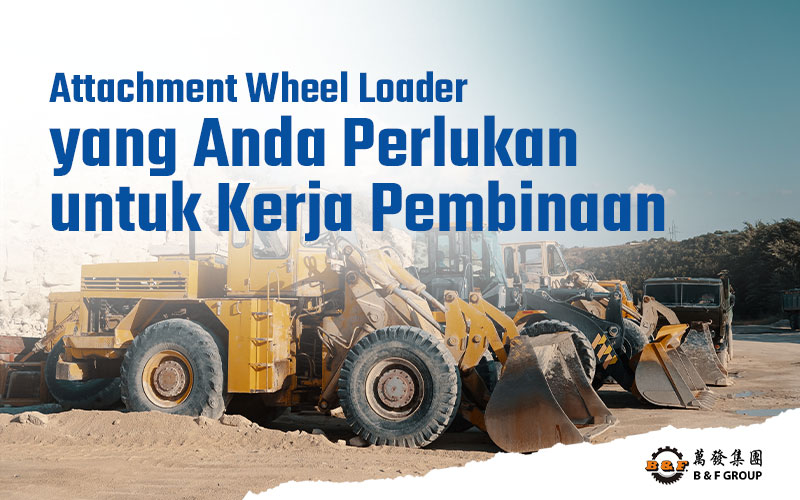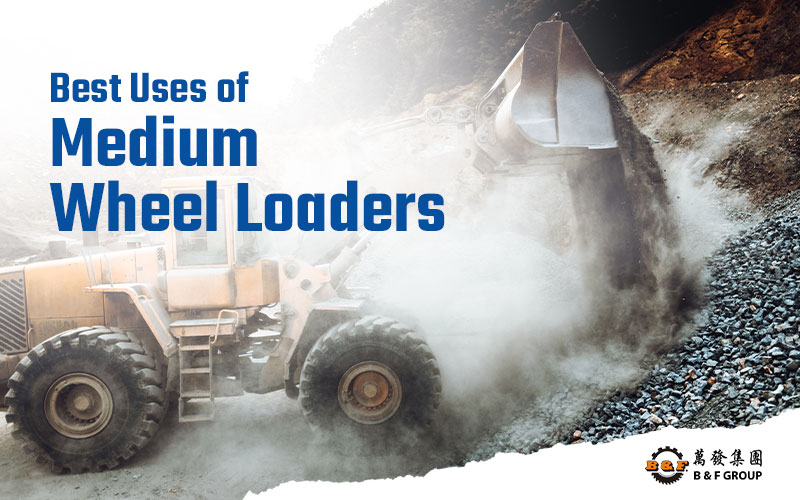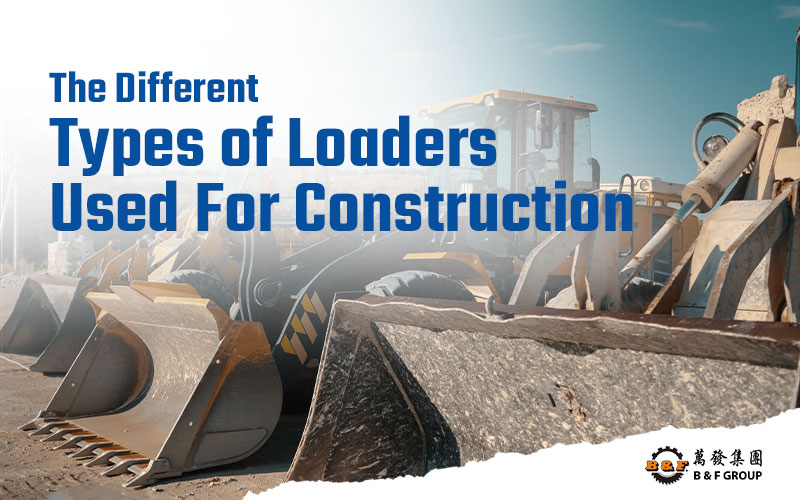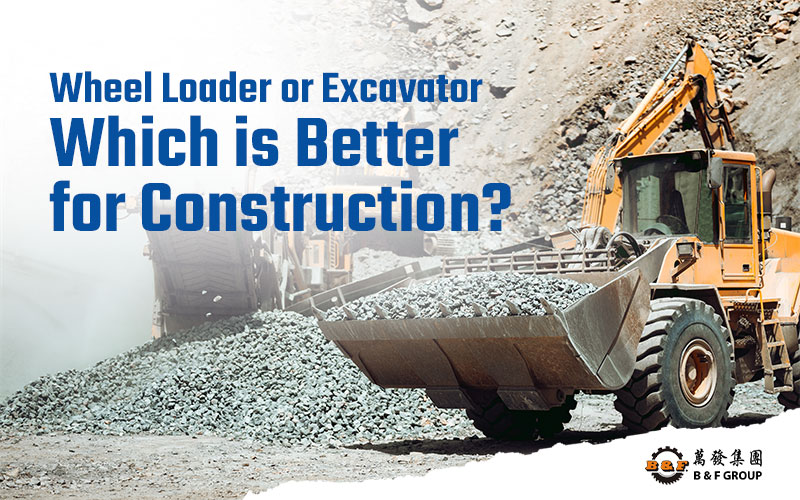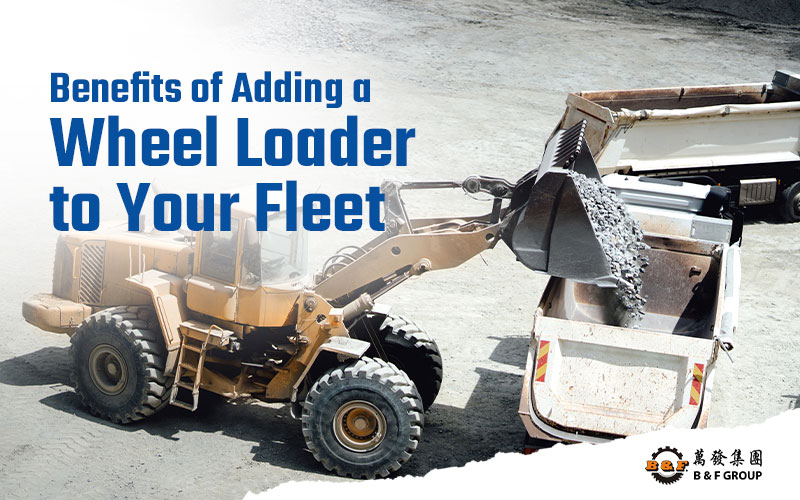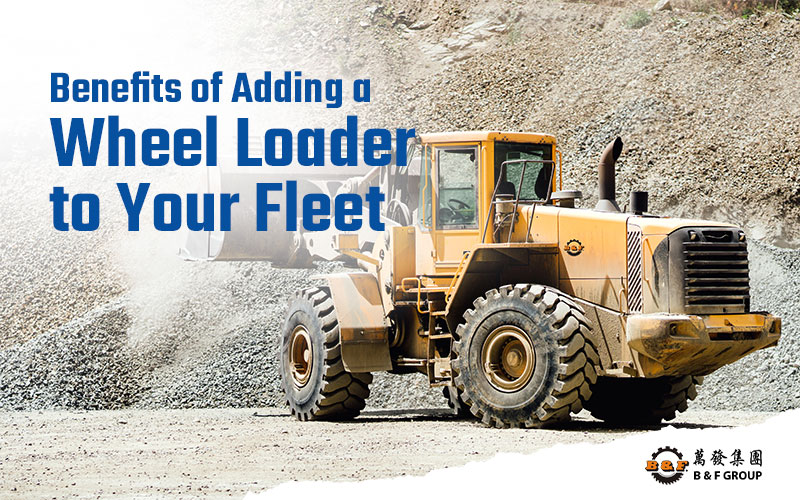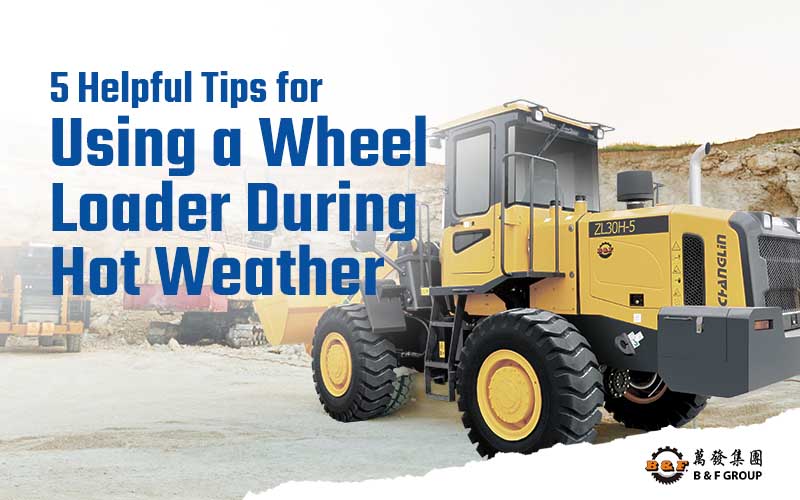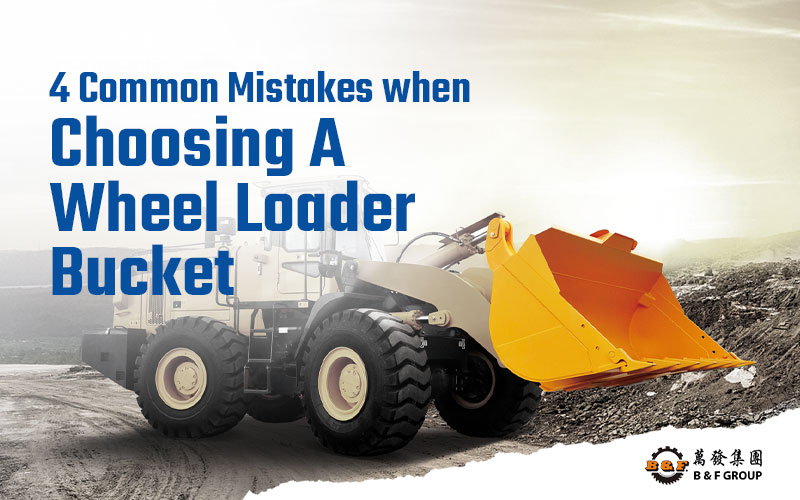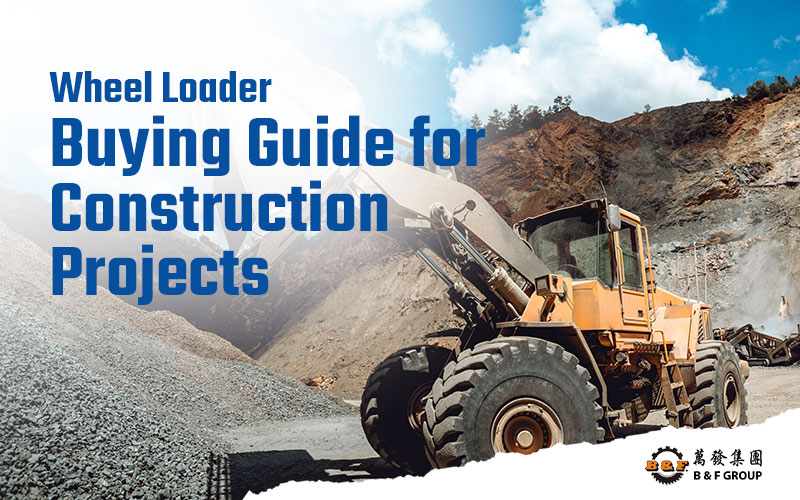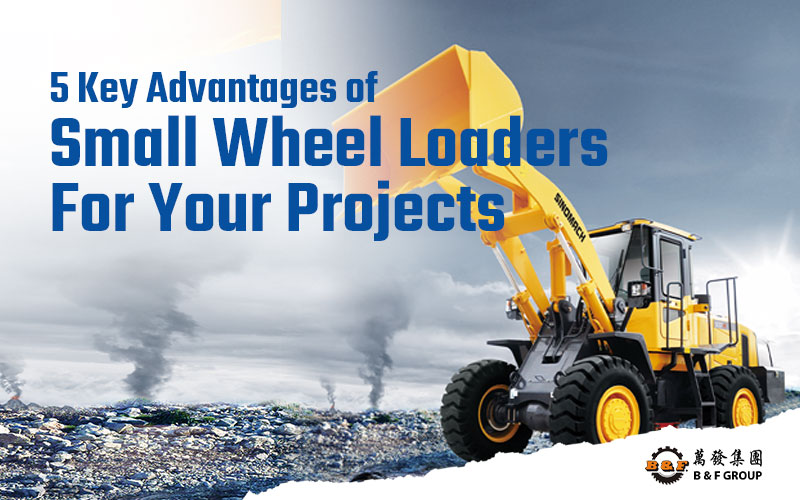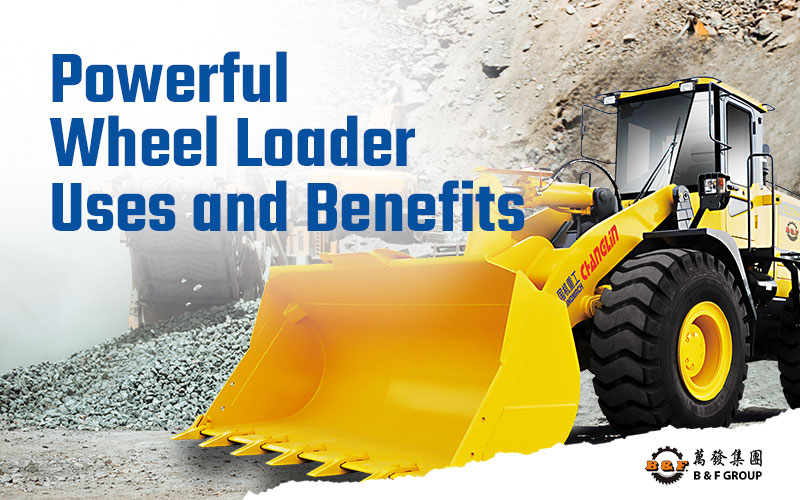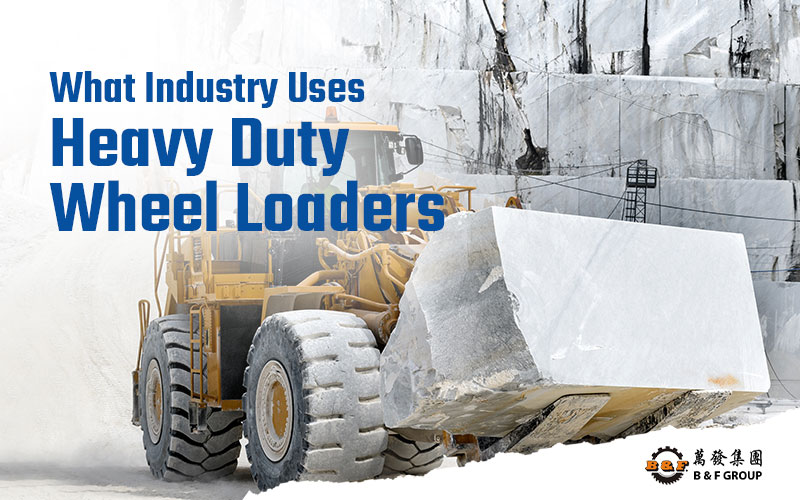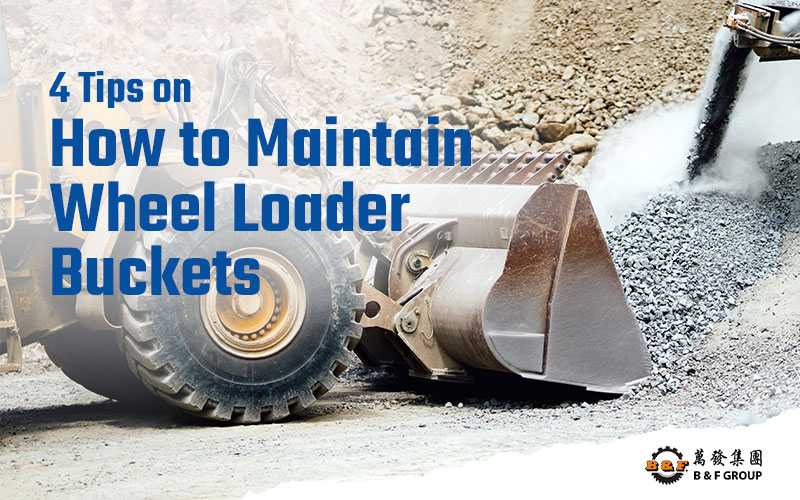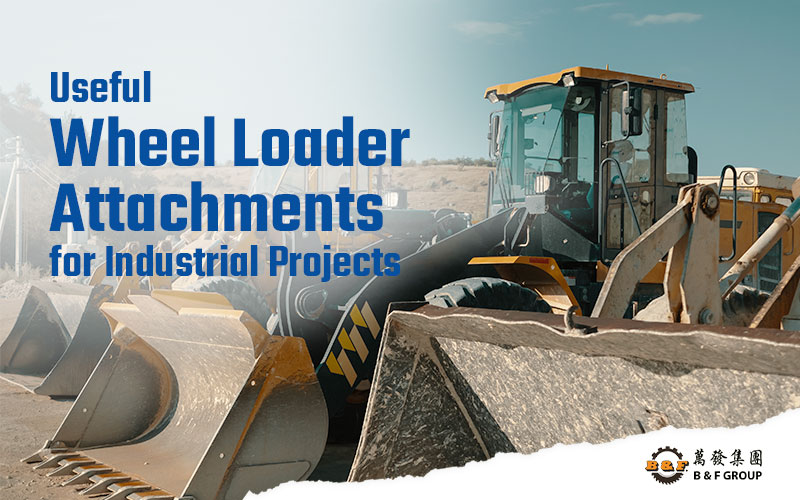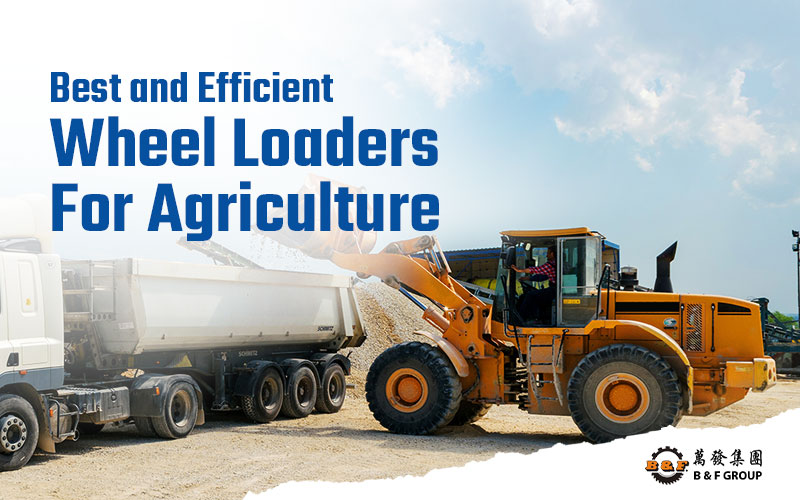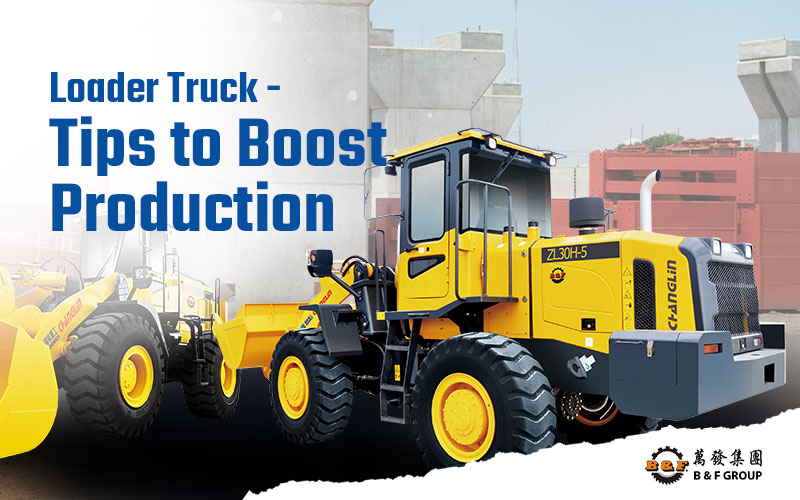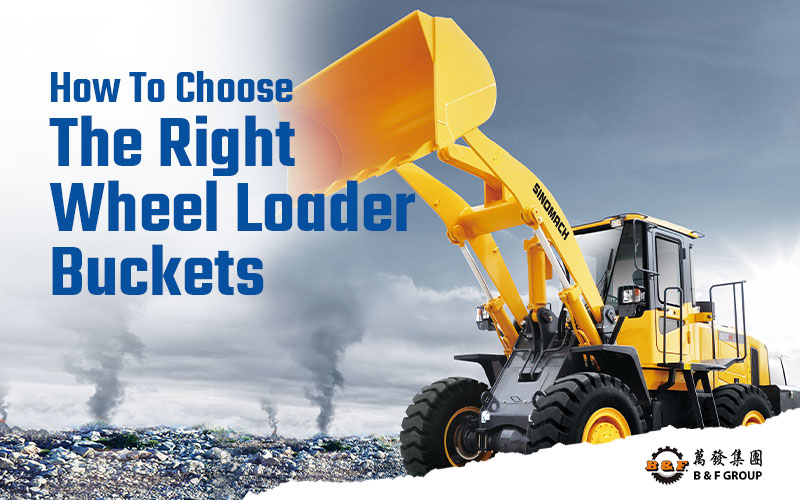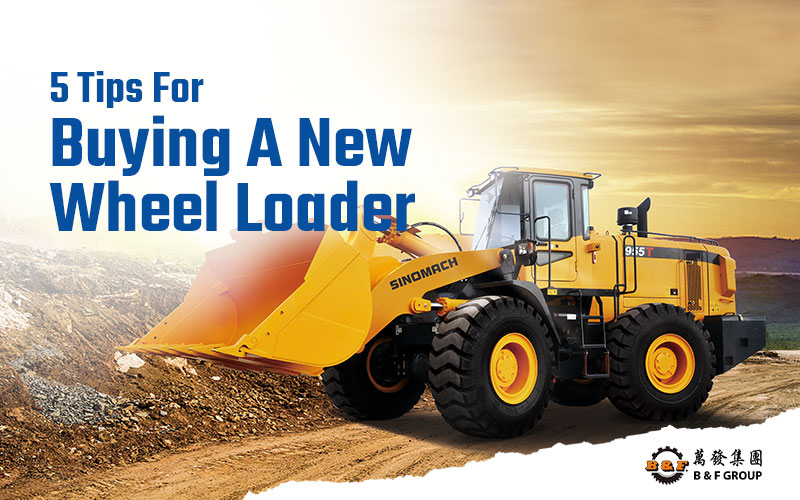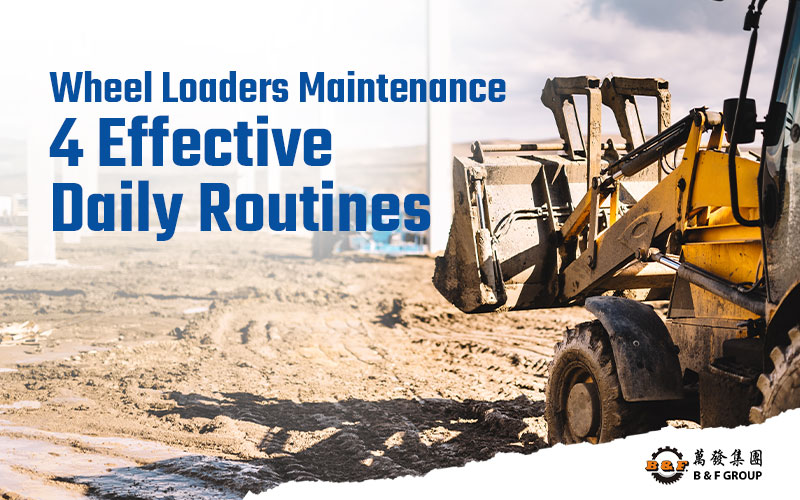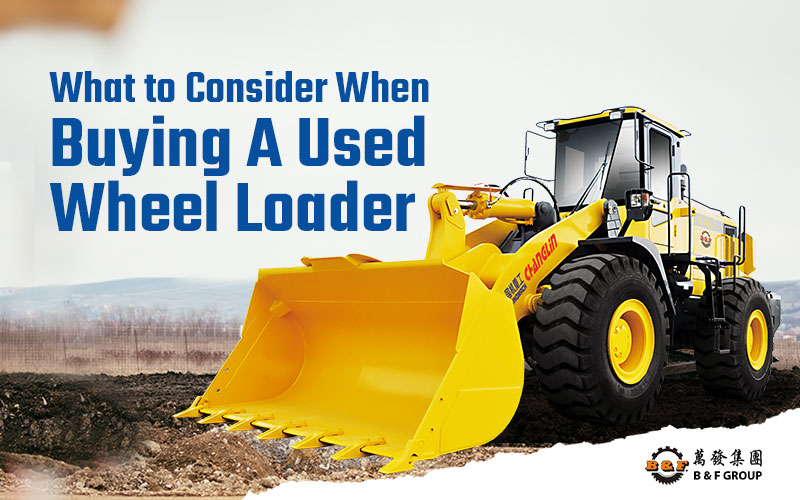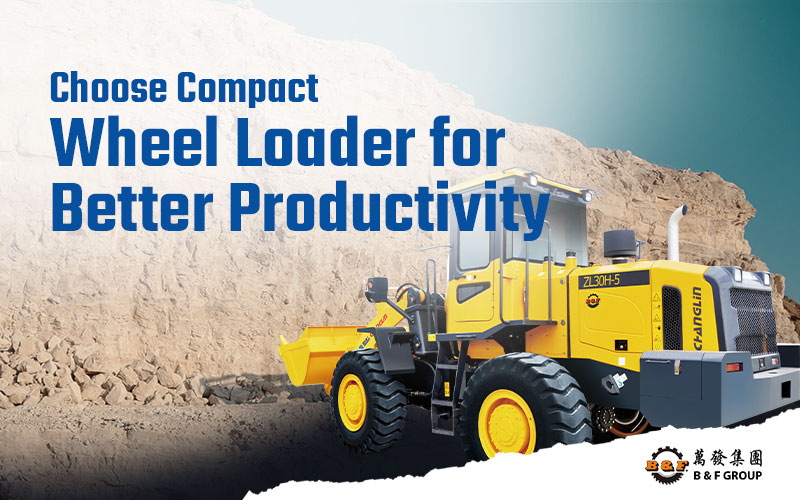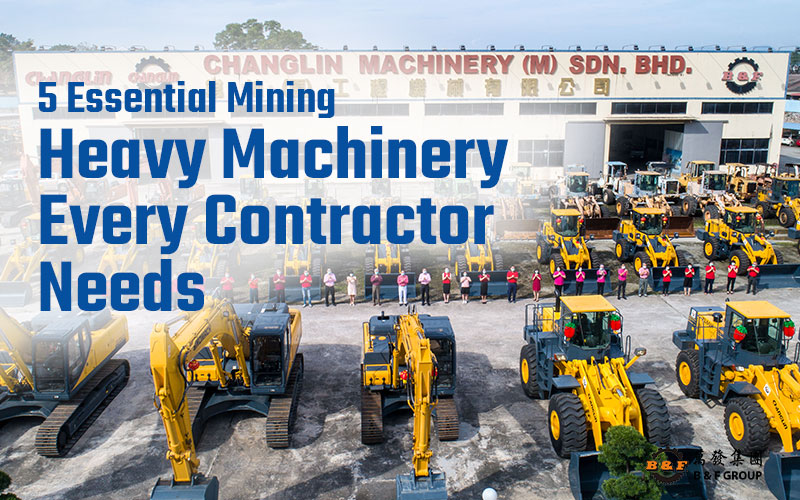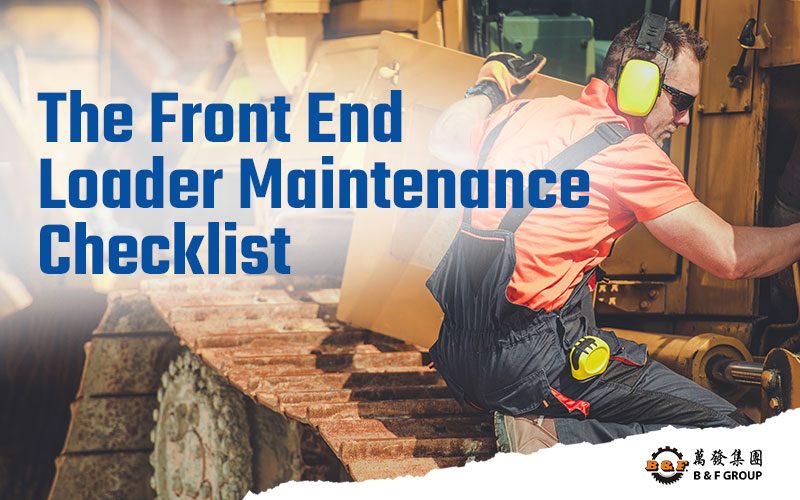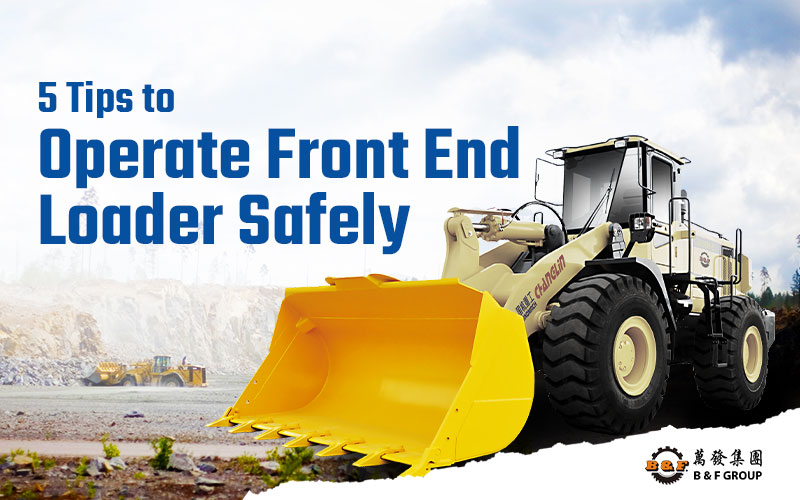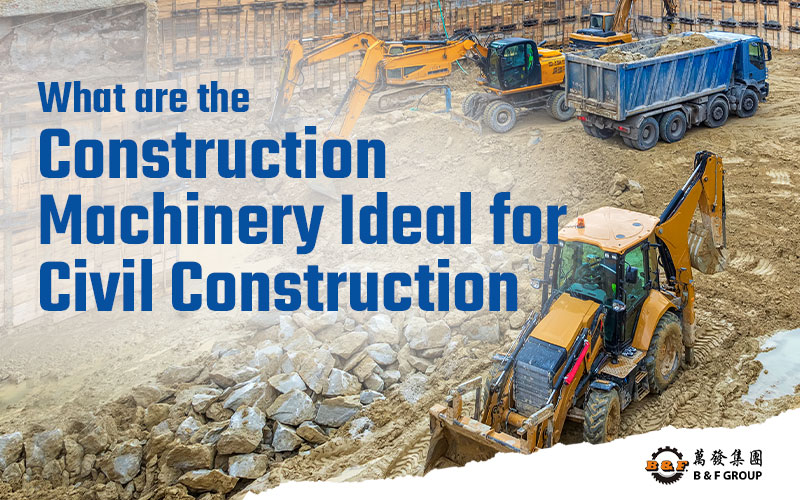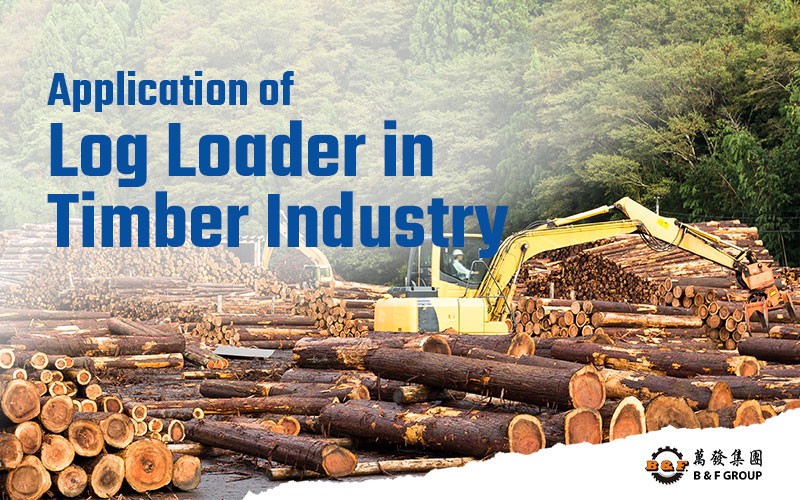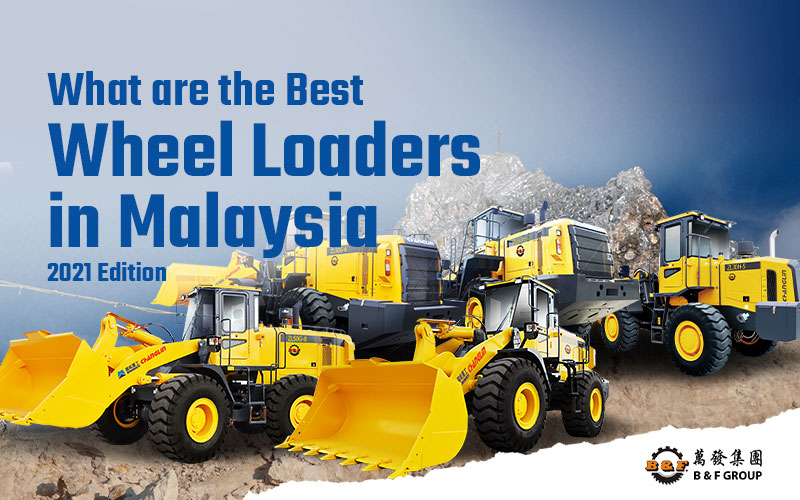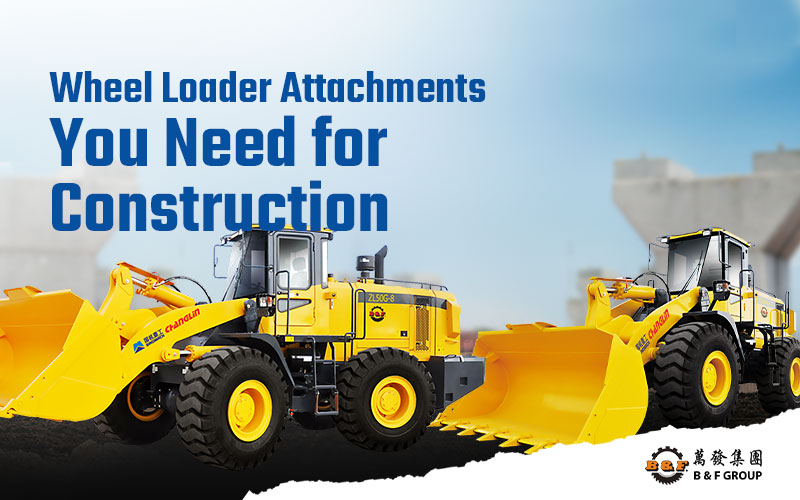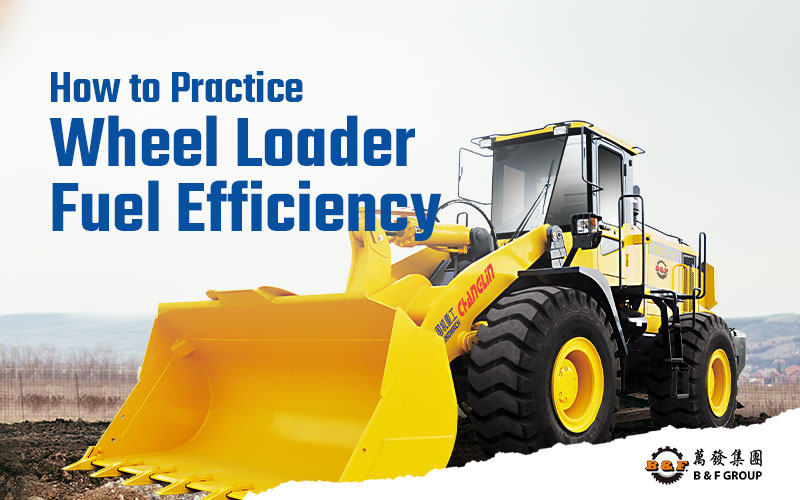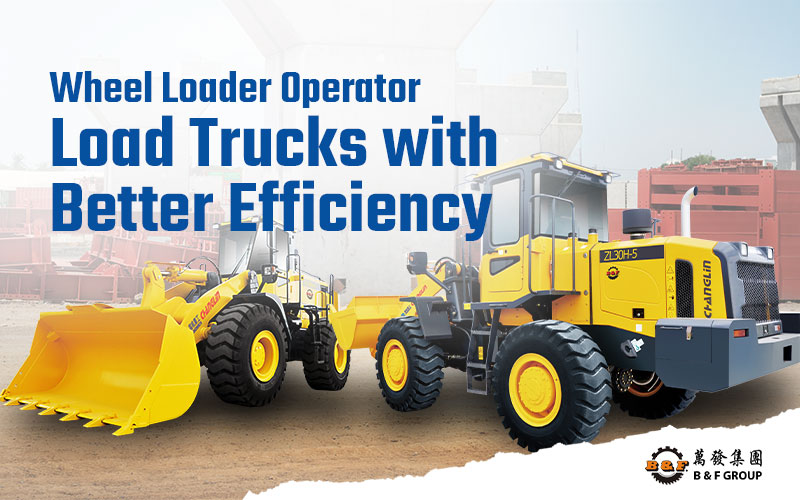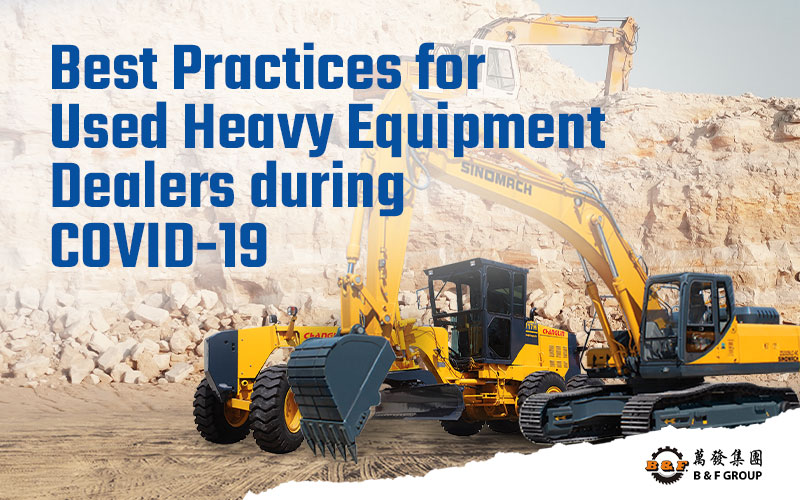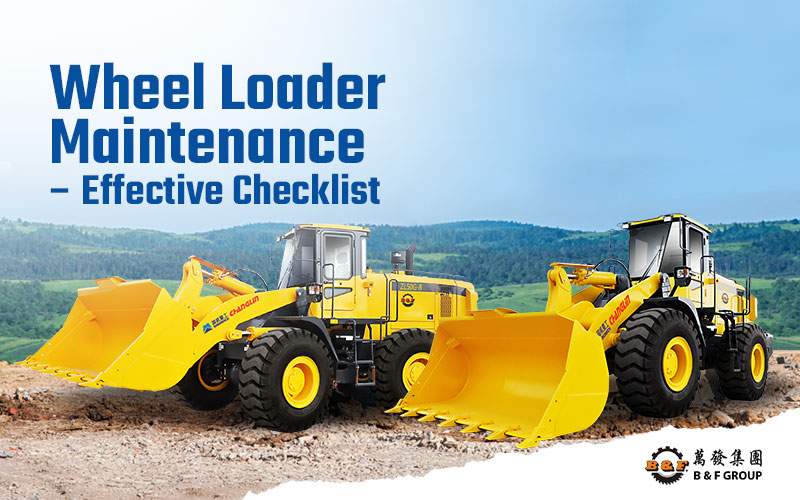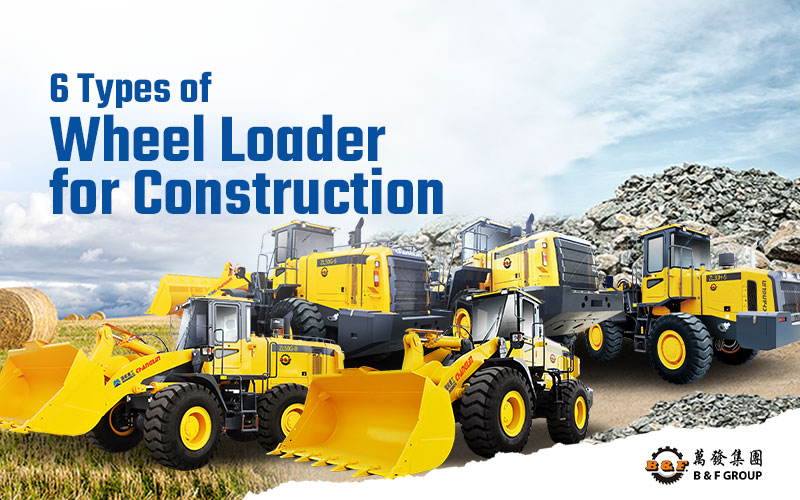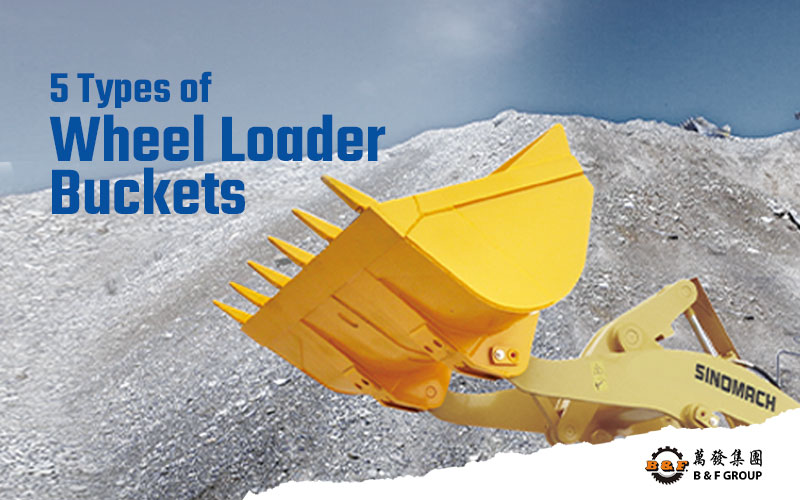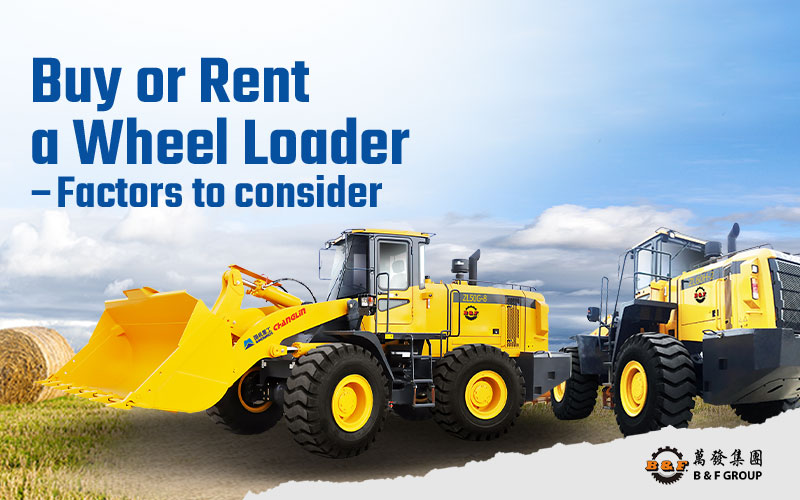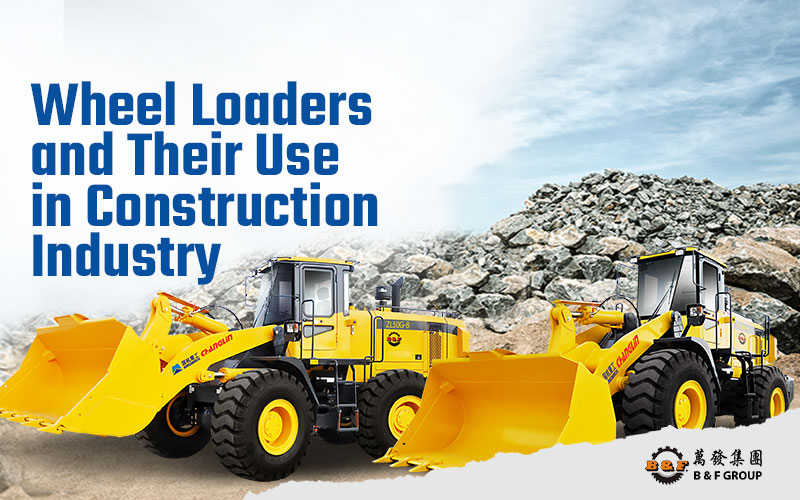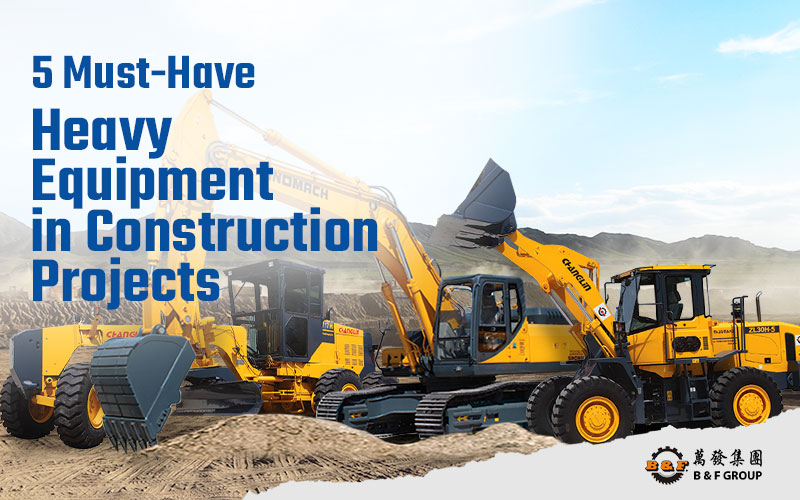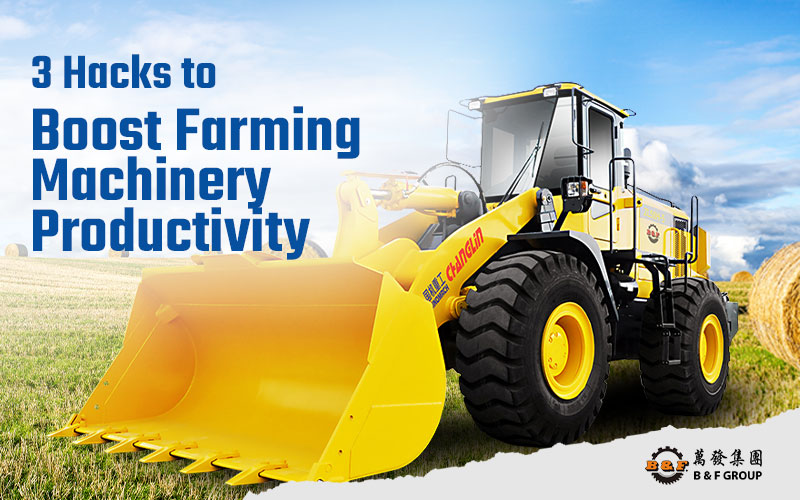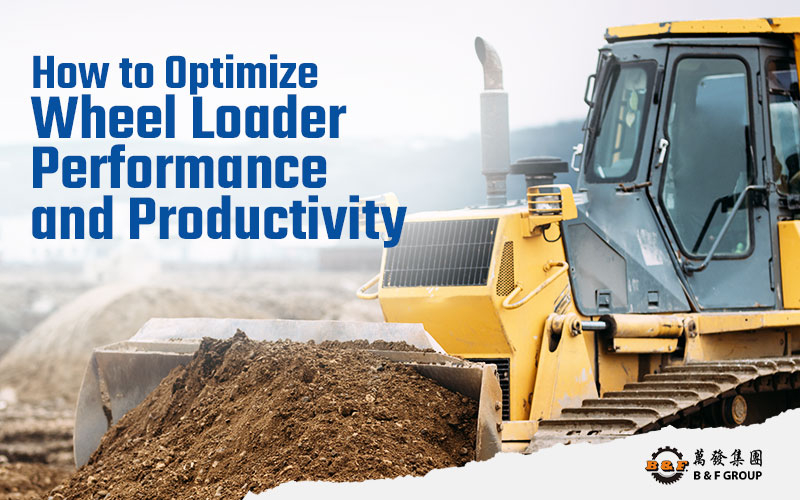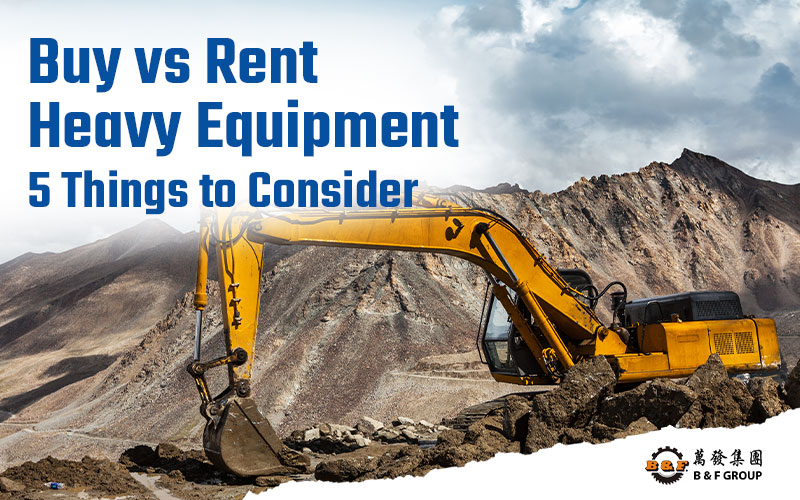
Wheel loaders for recycling play a vital role in optimizing the efficiency of recycling centers and materials recovery facilities (MRFs).
These versatile machines are responsible for handling a wide range of tasks, including unloading incoming materials and sorting them. They also transport materials and load them for further processing.By understanding how to best utilize wheel loaders, recycling centers can streamline their operations, improve output, and reduce costs.
Key Strategies for Maximizing Wheel Loader Efficiency
Discover practical tips and techniques to get the most out of your wheel loader and streamline your recycling operations.Choosing the Right Wheel Loader
Selecting the appropriate wheel loader for your recycling center is crucial. Consider factors such as the volume of materials you process, the types of materials handled, and the size and layout of your facility. Additionally, think about the specific tasks the wheel loader needs to perform – such as feeding a sorting line or loading trucks. Choosing a wheel loader with the right size, power, and attachments will ensure it can effectively handle the demands of your recycling operations.
Operator Training: A Key Factor
Proper training for wheel loader operators is essential for maximizing efficiency. Skilled operators can maneuver the machines safely and precisely, minimizing downtime and potential damage. Investing in comprehensive training programs will ensure operators understand best practices and safety protocols for working in a recycling center. In addition, these programs should also teach operators how to optimize the wheel loader’s performance specifically within the recycling center environment.Maximizing Versatility with Attachments
Wheel loaders become even more valuable in recycling centers when equipped with the right attachments. Specialized buckets, grapples, and forks expand the range of materials these machines can handle. For instance, a grapple attachment might be ideal for moving bulky items like cardboard or scrap wood. Additionally, forks improve efficiency when handling bales or pallets.
Preventive Maintenance for Optimal Performance
Regular preventive maintenance is critical to ensure wheel loaders operate at peak efficiency. A well-maintained machine is less prone to unexpected breakdowns, which can disrupt the flow of materials in a recycling center. Establish a regular maintenance schedule that includes inspections, fluid changes, and component replacements as recommended by the manufacturer.Beyond Material Handling
While material handling is their primary function, wheel loaders for recycling can serve other purposes within a recycling center. They can be used for snow removal during winter months, site maintenance tasks like grading and leveling, or transporting equipment for repairs. This versatility further enhances the value of these machines in a recycling environment.B&F Wheel Loader Advantage: Your Key to Efficient Recycling
In conclusion, wheel loaders are powerful assets that can significantly enhance the efficiency and productivity of recycling centers.
By carefully considering the size and layout of your operation, as well as investing in operator training, you can unlock the full potential of your wheel loaders.
Additionally, utilizing specialized attachments and prioritizing regular maintenance will further maximize the value of these machines.
If you’re looking to optimize your recycling center with the power of wheel loaders, B&F Group, a leading wheel loader supplier in Malaysia, is here to help.
Contact us to find the perfect wheel loader and attachments to streamline your operations and take your recycling efficiency to the next level.







